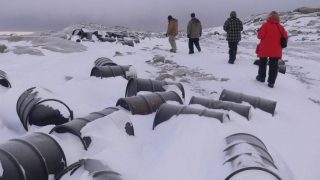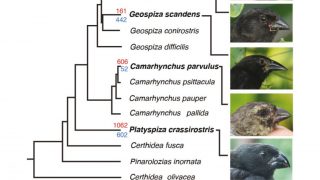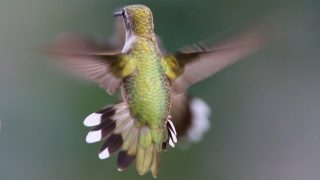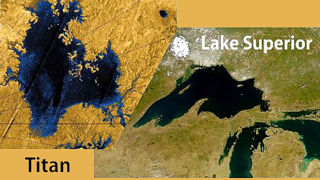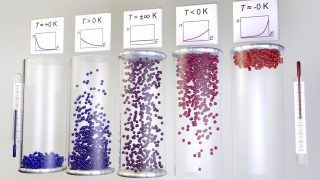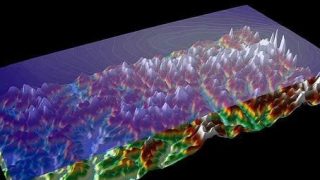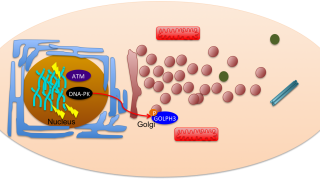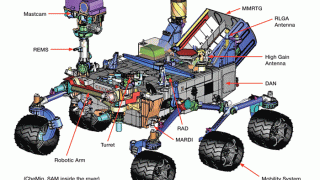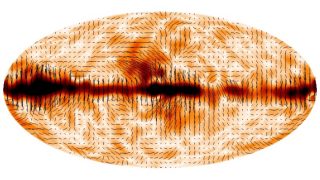
MI weekly selection #104
Planck data back standard cosmic evolution model, shake up dark-matter theories Data collected by the European Space Agency’s Planck space observatory have resulted in a detailed full-sky survey of the cosmic microwave background, the remnants of radiation left behind by the Big Bang 13.8 billion years ago, reaffirming the standard model of cosmic evolution. However […]
